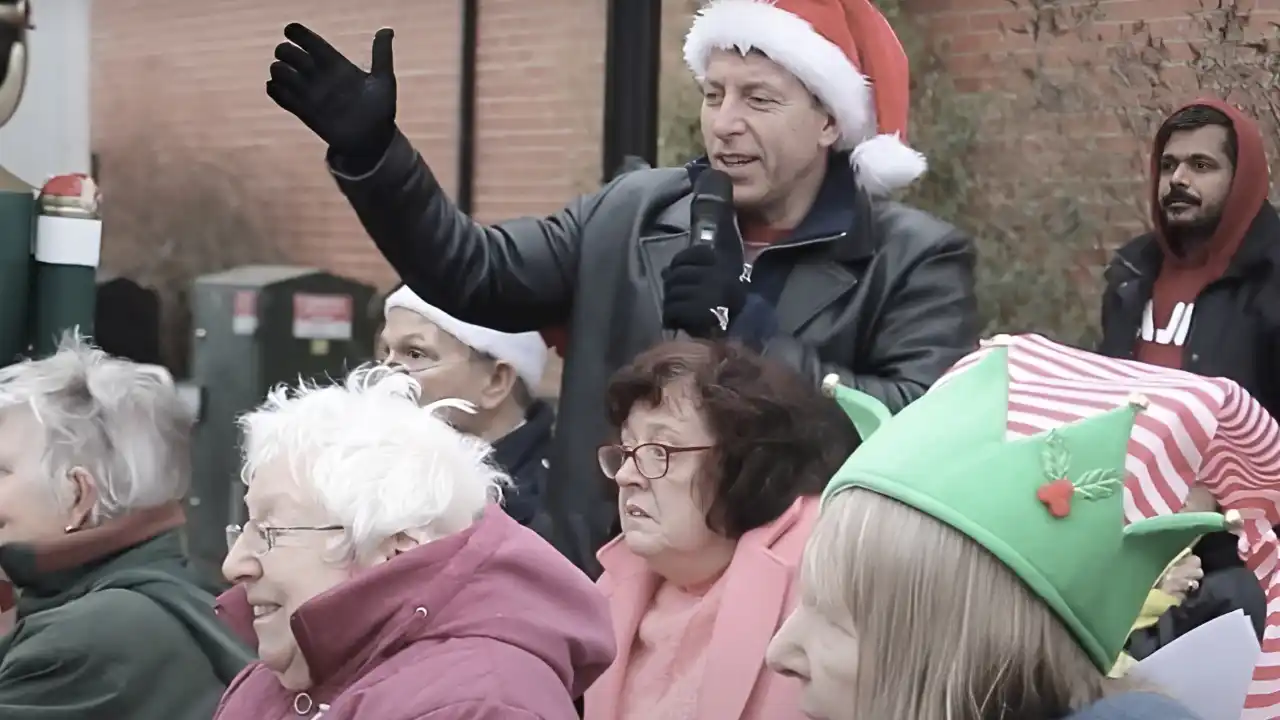Keir Starmer and the Granny Harmers highlight public discontent over winter fuel cuts with a viral parody song, raising funds for elderly support amid political backlash.
Keir Starmer, the leader of the Labour Party, has faced significant criticism and debate around a group nicknamed “the Granny Harmers.” This term surfaced in media discussions and public discourse, pointing to concerns about policy decisions and their impact on elderly populations.
The controversy highlights tensions in political leadership and social policy, particularly regarding intergenerational equity. It also raises broader questions about political communication and public trust.
Who Are the Granny Harmers?
The term “Granny Harmers” refers to a narrative accusing specific policy advocates of neglecting or disadvantaging elderly citizens. While the phrase is informal, it has gained traction in political discussions.
Critics allege that policies linked to Starmer’s leadership may have unintended negative effects on older populations. Proponents argue that these policies aim for long-term benefits for all generations.
Policies Under Scrutiny
Healthcare Reforms
Healthcare policy has been a central issue. Critics claim that proposed changes may lead to reduced access for older individuals, affecting their quality of care.
Starmer’s team emphasizes efficiency and resource optimization. They argue that reforms will improve overall healthcare delivery, including for the elderly.
Pension Adjustments
Adjustments to pension schemes have also drawn criticism. Opponents fear reduced benefits or increased financial insecurity for retirees.
Supporters highlight the need for sustainability in public finances, citing demographic changes and economic pressures.

Public Reaction to Keir Starmer and the Granny Harmers
Public response has been polarized. Advocacy groups for the elderly have voiced concerns, demanding reassurances and transparency.
Younger generations have shown mixed reactions. Some support reforms for long-term viability, while others express solidarity with older citizens.
How Has Starmer Responded?
Starmer has addressed the issue in several public statements. He acknowledges concerns and promises inclusive policymaking.
“Our policies aim to create fairness across all age groups,” he said in a recent interview. Starmer’s team has also launched consultations to engage with affected communities.
Frequently Asked Questions
What does ‘Granny Harmers’ mean?
It’s an informal term criticizing perceived negative impacts of policies on elderly citizens.
Are the claims against Keir Starmer’s policies accurate?
The accuracy depends on perspective. Critics highlight potential risks, while proponents focus on broader benefits.
How are older populations affected by recent policies?
Concerns include healthcare access and pension stability. The impacts vary by region and demographic.
Has Keir Starmer changed policies due to backlash?
While no major changes have occurred, Starmer’s team has initiated consultations to address concerns.
What can citizens do to voice their concerns?
Engage in public consultations, contact representatives, and join advocacy groups.
Key Points of the Controversy
| Aspect | Critics’ View | Proponents’ View |
|---|---|---|
| Healthcare | Reduced access for elderly | Improved efficiency for all |
| Pensions | Financial insecurity for retirees | Sustainability of public finances |
| Public Trust | Declining confidence in leadership | Commitment to inclusive policies |
| Intergenerational Equity | Prioritizing younger generations unfairly | Balancing long-term needs |
Conclusion
The debate surrounding Keir Starmer and the Granny Harmers highlights the complexity of policymaking. It underscores the need for transparent dialogue and inclusive strategies to bridge generational divides.
